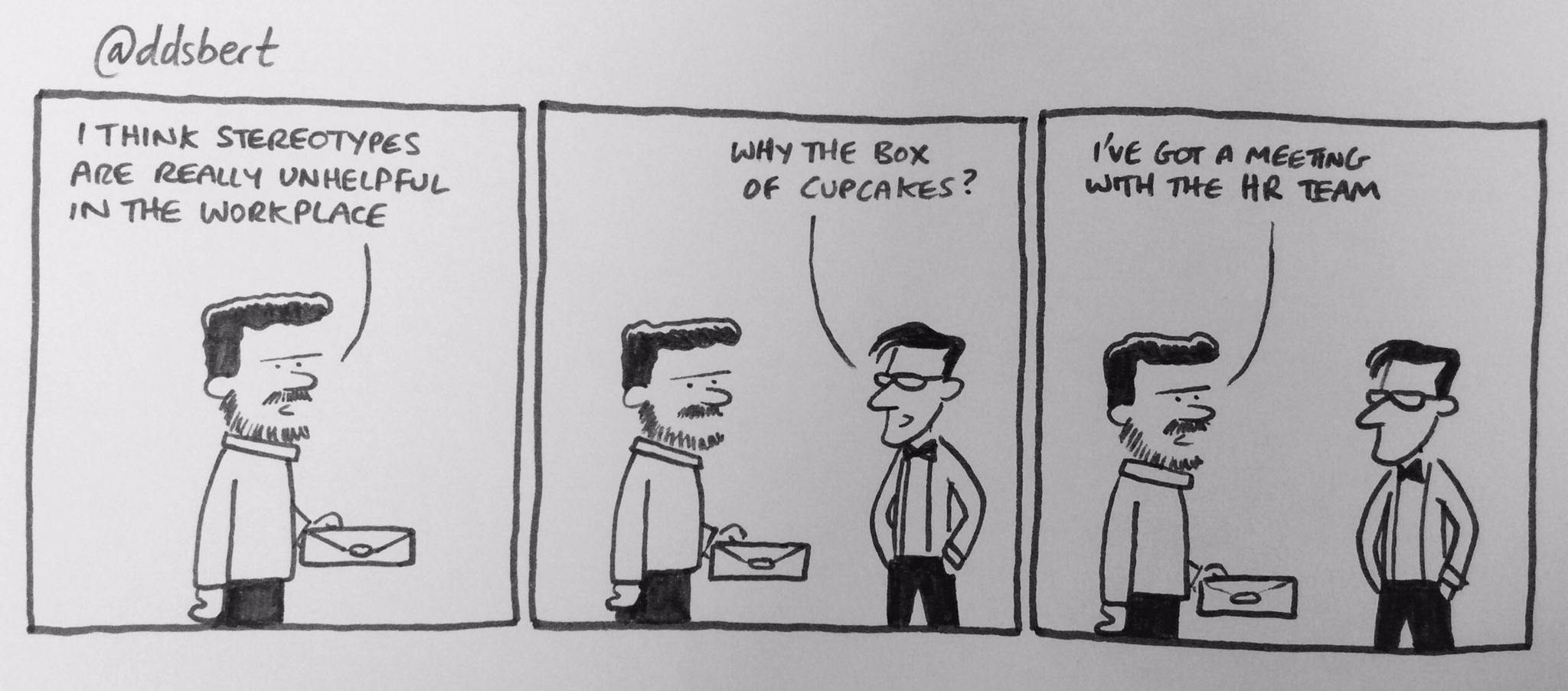Content: a reflection on thought terminating clichés in work – with an explanation from Wikipedia up front
I had the delight of learning a new term recently.
“A thought-terminating cliché is a commonly used phrase, sometimes passing as folk wisdom, used to end cognitive dissonance(discomfort experienced when one simultaneously holds two or more conflicting cognitions, e.g. ideas, beliefs, values or emotional reactions). Though the phrase in and of itself may be valid in certain contexts, its application as a means of dismissing dissent or justifying fallacious logic is what makes it thought-terminating. It basically tries to stop an argument from proceeding further
The term was popularized by Robert Jay Lifton in his 1961 book Thought Reform and the Psychology of Totalism. Lifton said, “The language of the totalist environment is characterized by the thought-terminating cliché. The most far-reaching and complex of human problems are compressed into brief, highly reductive, definitive-sounding phrases, easily memorized and easily expressed. These become the start and finish of any ideological analysis.””
Wikipedia
That might seem a large chunk to take from Wikipedia but this concept is one of the more interesting I’ve come across in some time. A good example is ‘Brexit means Brexit’. That’s meant to close down a conversation by providing certainty (a certainty that history has rapidly shown doesn’t exist). You hear similar things in the workplace…
- It is what it is
- We are where we are
- It’s common sense
- We’ve already had this conversation
- It’s all relative
All of these can be used to suggest the conversation is done – when we know the conversation isn’t done. They sound like complete thoughts, but the reality is that it is a bit more complicated than that. And they are hard to challenge.
My team will testify that I, in particular, hate the statement ‘we are where we are’. That invites the following questions for me
- Why are we there?
- Who got us here?
- Do they know it’s the wrong place?
- Have we made sure the next place they take us isn’t going to be wrong?
- How often do they take us to the wrong place?
- How would we have ended up in a better place?
- Does everyone understand that ending up in the wrong place is sometimes inevitable, but can’t be a habit?
But the statement is designed to end those conversations due to being a straightforward assertion of position. There is nothing to be done so move on. But moving on is your choice.
So I guess the point of this blog is threefold
i) it’s an interesting term, so I thought I’d share it
ii) Now you know about it you will spot it everywhere. And it is probably about 50% of all tweets…and 90% of political utterances
iii) You can decide to stop closing down other people (if you do so) and can challenge others doing it (if so inclined)
It is what it is.



The one that kills me is “Let’s not re-invent the wheel”.
If Mr Dunlop had taken that approach we would never have had the pneumatic tyre 🙂
LikeLike